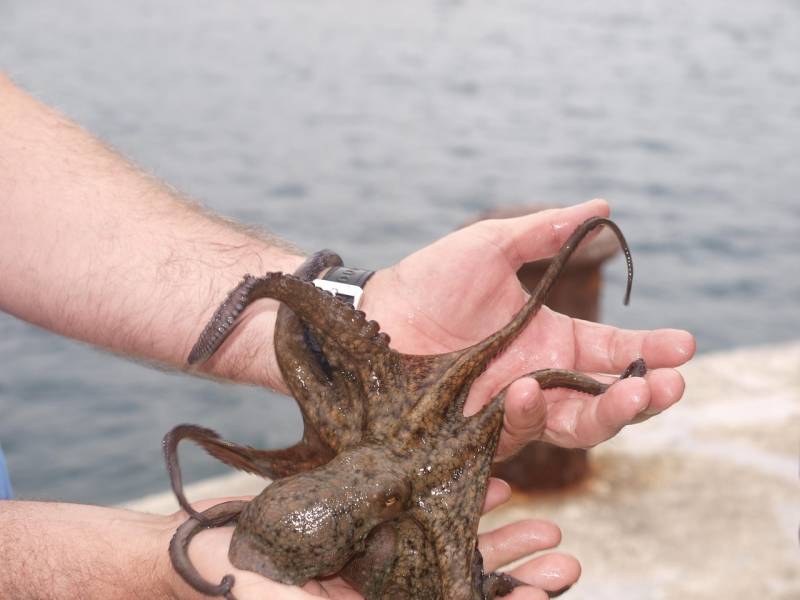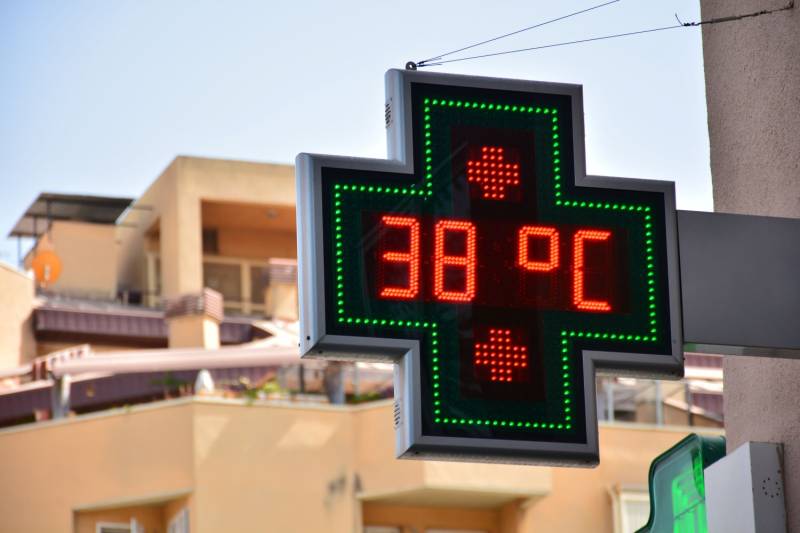
To be listed on the CAMPOSOL TODAY MAP please call +34 968 018 268.

Guidelines for submitting articles to La Manga Club Today
Hello, and thank you for choosing La Manga ClubToday.com to publicise your organisation’s info or event.
La Manga Club Today is a website set up by Murcia Today specifically for residents of the urbanisation in Southwest Murcia, providing news and information on what’s happening in the local area, which is the largest English-speaking expat area in the Region of Murcia.
When submitting text to be included on La Manga Club Today, please abide by the following guidelines so we can upload your article as swiftly as possible:
Send an email to editor@lamangaclubtoday.com or contact@murciatoday.com
Attach the information in a Word Document or Google Doc
Include all relevant points, including:
Who is the organisation running the event?
Where is it happening?
When?
How much does it cost?
Is it necessary to book beforehand, or can people just show up on the day?
…but try not to exceed 300 words
Also attach a photo to illustrate your article, no more than 100kb

Octopus glut in British waters spells trouble for UK fishermen – and opportunity for Spain
A boom in octopus numbers is devastating shellfish stocks in the English Channel, but the surplus is heading straight to Spanish tables
 There’s no shortage of octopus in the English Channel this year, in fact it’s quite the opposite. British fishermen along the south coast, particularly in Devon and Cornwall, are hauling in record quantities of a large octopus species that was once a rare sight in these waters. But while the glut might sound like good news, it’s causing serious concern for the UK’s seafood industry.
There’s no shortage of octopus in the English Channel this year, in fact it’s quite the opposite. British fishermen along the south coast, particularly in Devon and Cornwall, are hauling in record quantities of a large octopus species that was once a rare sight in these waters. But while the glut might sound like good news, it’s causing serious concern for the UK’s seafood industry.
“I’ve never seen anything like it,” said Simon Thomas of the Marine Biological Association in Plymouth. “I've been at sea for 40 years and I’ve probably seen three or four large octopuses. They're now being seen regularly.” According to local fishers, these cephalopods are not just stealing the bait from crab and lobster traps, they’re devouring the catch too and sometimes even turning cannibalistic.
Shellfish harvesters in Devon have described the situation as an “invasion” and say their pots and livelihoods are being “decimated.” Many believe the octopuses have migrated from Moroccan waters, where populations have noticeably declined in recent years. Ironically, much of the octopus now flooding British fishing boats is being exported to Spain, particularly to Galicia, where a dip in local supply has led to growing demand.
In fact, Galician markets have seen a 26% drop in octopus landings this year compared to 2023, with over a third less than the average over the last decade. Spain has increasingly relied on octopus caught off Morocco, but with numbers falling there too, British waters may be stepping in to fill the gap.
As George Stevens, skipper of the Enterprise, told the British press after unloading nearly 20 tonnes of octopus, “One man's famine is another man's feast.”
The British government had already flagged the issue back in 2023. A Department for Environment, Food and Rural Affairs (DEFRA) report noted “the abundance of the common octopus” and highlighted both the potential for a new fishery and the damage being caused to existing shellfish stocks.
Scientists believe the cause may be a mix of factors. Sea temperatures in southwest England are currently 3 to 4 degrees above average, and warmer waters are known to increase the survival rate of octopus fry.
Ocean currents may also be delivering more food, and less fishing pressure could be giving them an edge. Climate change and overfishing are leading to a shift in the species found around the coast “It's almost as if you've seen a complete change in the ocean regime,” said Thomas. “Since 2016, many of our traditional fish, like cod, ling, and pollock, have declined and shifted north.”
Emma Sheehan, a marine ecology professor at the University of Plymouth, added that improved habitat and milder winters could be behind the population explosion. “They could be moving into the area because conditions have improved,” she said.
But for now, British fishermen remain wary. As Sam Jago, skipper of the Bosloe, warned, “It’s a quick buck, but who knows how long it will last? They’ll stay until they’ve eaten everything. But if the octopus leaves, the crabs won’t just appear, and we won’t have much to catch.”
So, while Spain’s love of octopus may help ease the UK’s shellfish woes, the long-term impact of this marine shake-up remains to be seen.
Image: Jesús Fdz Bande/Pixabay
See more news about animals in Spain:
OR
Sign up for the Spanish News Today Editors Roundup Weekly Bulletin to get a comprehensive email with all the week’s news for Spain, Murcia, Alicante and Andalucía.
Get a sneak peek – here are a few of our recent Subscription Bulletins:
Discount Special Offer subscription:
36.95€ for 48 Editor’s Weekly News Roundup bulletins!
Please CLICK THE BUTTON to subscribe.


































